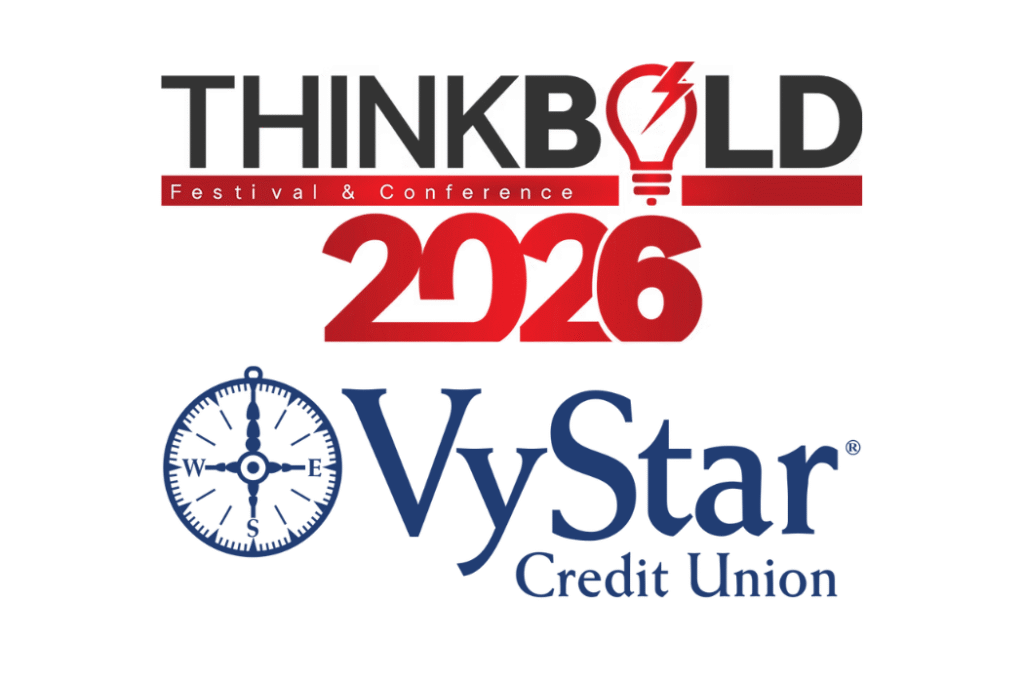
Despite ongoing systemic barriers and other external challenges, Black and Hispanic/Latino entrepreneurs continue to experience revenue growth, according to the 2022 EY Entrepreneurs Access Network Survey produced by Ernst & Young LLP (EY US). This follow-up study, which builds on the findings of the inaugural 2021 survey, also reveals that strong business performance isn’t translating to long-term opportunities. Only 34 percent of entrepreneurs surveyed received offers of business collaboration in the last year, as compared to 50 percent in 2021.
“While Black and Hispanic or Latino entrepreneurs experience an upward trend in business revenue and attention, a decrease in long-term growth opportunities spotlights the need for support,” says Lee Henderson, Americas EY Private Leader and Executive Sponsor, EY Entrepreneurs Access Network (EAN). “We must shift away from attention and move into action to support their businesses as consumers and investors.”
The survey was commissioned by the EY Entrepreneurs Access Network, a national business accelerator and executive program designed for Black- and Hispanic/Latino-owned companies. This research looked at the unique experiences of Black and Hispanic/Latino entrepreneurs as they tackle external challenges like inflation, supply chain issues and the ongoing pandemic. It also reflects on how the current social and political environment impacts them, their businesses and their outlook, as compared to 2021.
Key findings include:
Moderate revenue growth and sustained attention:
- The majority (62 percent) of Black and Hispanic/Latino entrepreneurs continue to see positive revenue growth, compared to 73 percent in 2021.
- About 97 percent of entrepreneurs are receiving at least the same amount of attention as they did one year ago, and more than two-thirds (68 percent) say they are receiving more attention in 2022 than 2021.
- However, Hispanic/Latino entrepreneurs are more likely to be significantly concerned this year regarding the likelihood of attention providing only a short-term boost.
Business threats:
- More than two in five (43 percent) entrepreneurs surveyed see supply chain shortages and delays as a top threat, followed by business competition (39%) and access to capital (38 percent).
- Just one in four (27 percent) say attracting and retaining talent is a top threat, despite the historically tight labor market.
Corporate recognition has a positive impact:
- Nearly all respondents (98 percent) say their business has been positively impacted by large corporations acknowledging recognition days or months, like Black History Month or Hispanic Heritage Month. This attention has led to increased media visibility, social media presence or a boost in revenue.
Decreased business offers:
- There was a 16-point decline this year in receiving offers of business collaboration (50 percent in 2021 and 34 percent in 2022) and a 9-point decline in receiving donations or grants to support their business (47 percent in 2021 and 38 percent in 2022).
- Black entrepreneurs were especially impacted, with a 39-point drop year over year. Among those surveyed, 58 percent received donations or grants in 2021 and only 19 percent reported the same in 2022.
As Black and Hispanic/Latino entrepreneurs continue to search for resources to raise capital, develop business alliances and scale their companies, accelerator programs like the EY EAN can help form connections that can create greater long-term growth.
“When I was offered a significant contracting opportunity with a prominent corporate client, my EAN connections provided invaluable counsel on how to win the work,” sats Jessica Johnson-Cope, CEO at Johnson Security Bureau, Inc. “As a result, my business will realize a 33 percent year-over-year increase in billable hours. I was blown away that four EY executives would invest their time to help me further scale my company and help make this major growth opportunity a reality.”
The current cohort of the program includes more than 89 Black and Hispanic/Latino entrepreneurs from across the US and connects participants with resources, networks and one-on-one mentoring to close long-standing disparity gaps.













